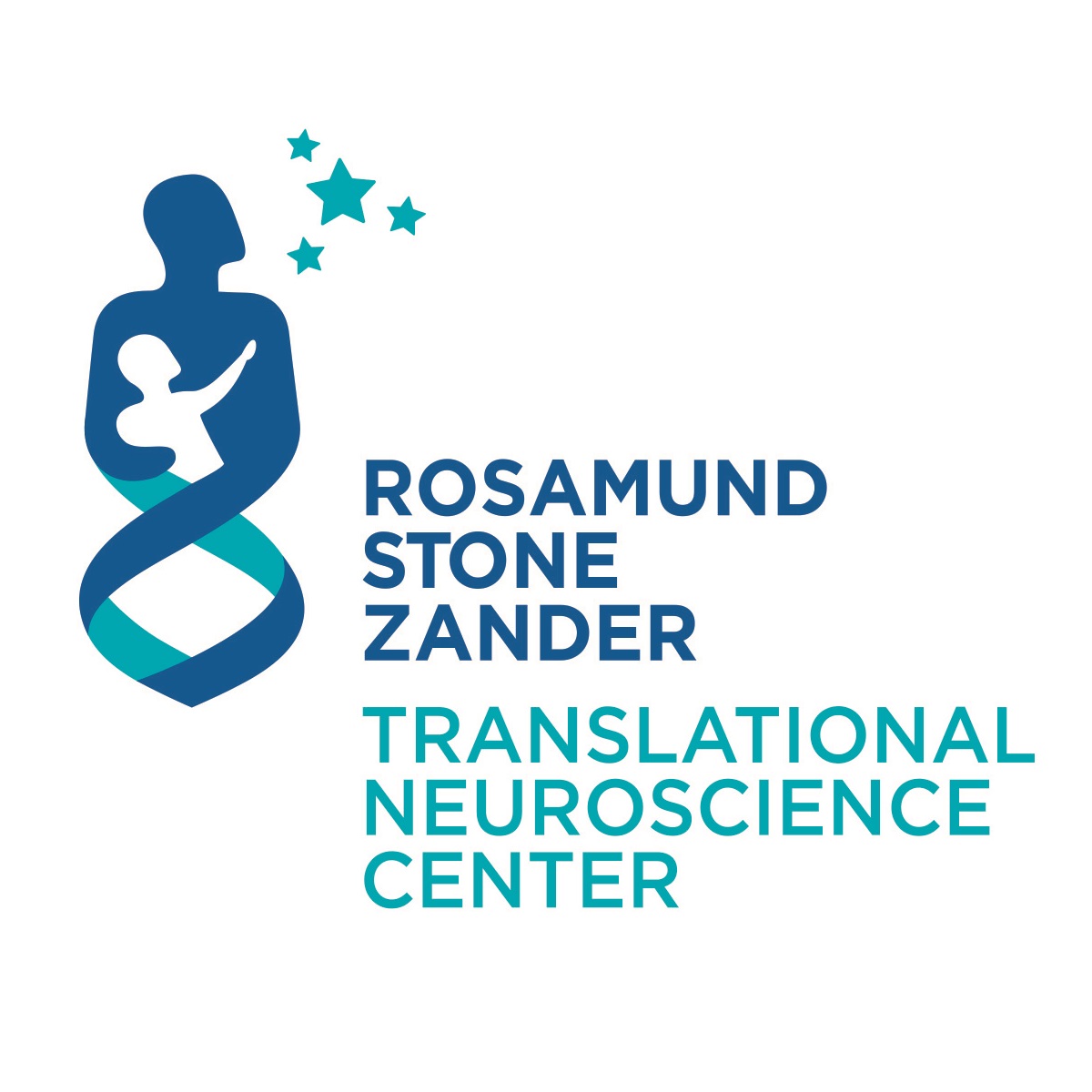News & Events
Center News

Rosamund Stone Zander Translational Neuroscience Center Selects Three Pilot Research Grant Awardees
The Rosamund Stone Zander Translational Neuroscience Center (RSZ TNC) at Boston Children’s Hospital is delighted to announce the selection of this year’s RSZ TNC Pilot Research Grant awardees. The mission of the RSZ TNC is to improve the lives of children with brain disorders via timely and efficient translation of scientific research through collaboration with Boston Children’s Hospital’s exceptional investigators, and in partnership with the external research community. To fulfill the goal of “timely and efficient translation,” this grant aims to support translational research on neurodevelopmental disorders within the domains of Preclinical Research, Drug Discovery, Therapeutic Development, Translational Biomarkers, and Gene-based Clinical Research and Trials.
Seeking Potential Treatment for X-Linked 63 Intellectual Disability
Don Kong, PhD | Department of Pediatrics
Intellectual disability (ID) is a severe developmental disease, affecting 1-3% of human population. Given the complex and heterogeneous causes of it, effective prevention or treatment of ID are still largely missing. In this proposal, we found that a lipid enzyme, ACSL4, whose mutations were identified in human patients of ID, plays an important role on the interface of lipid metabolism and brain development, and its dysregulation in the brain contributes to the development of ID. We propose to employ multiple state-of-the-art technologies with both neuron-specificity and high-throughput analysis to assess promising treatment method of this disease.
Identifying NDD Mechanisms and Treatments in Human Brain
Emily K. Osterweil, PhD | Alexander Rotenberg, MD, PhD | Department of Neurology
Zhigang He, PhD | F.M. Kirby Neurobiology Center
The proposed research will study how the gene mutations linked to neurodevelopmental disorders
Fragile X Syndrome (FMR1), SYNGAP1-related intellectual disability, and Phelan-McDermid
Syndrome (SHANK3) disrupt brain function and identify new targets for drug development. We will
develop a new model system using human brain slices from surgery patients to assess the effects of
gene mutation on brain activity, protein production, and gene expression. This information is currently
only available from mouse models. The goal is to use this unique human model to identify new disease
mechanisms and therapeutic targets for these currently untreatable neurodevelopmental disorders.
Development of Antisense Oligonucleotides to Durably Treat Usher Syndrome Type 1b
Gwenaelle Geleoc, PhD | Stephanie Mauriac, PhD | Department of Otolaryngology
The goal of this project is to develop two innovative treatments for patients carrying mutations in MYO7A gene (USH1B). For this purpose, we will use (1) antisense oligonucleotides (ASOs), a promising class of drugs, already approved by the FDA and that can correct gene splicing, and a (2) vectorized form of ASOs, a novel technic to durably treat patient and avoid repeated injections in the eyes and the ears. These approaches will be tested in vitro in different cell lines and in inner ear and retinal organoids generated from control and mutant human iPSCs. This proposal will chart a path for individualized ASO therapies for USH1B patients.
The RSZ TNC Pilot Grant awardees will begin their funded research in November 2024 and have the opportunity to apply for a second year of funding pending research progress and success. New RSZ TNC Pilot Grant awards will be offered annually.
For more information, please contact TNC@childrens.harvard.edu or visit www.RSZTNC.org.


